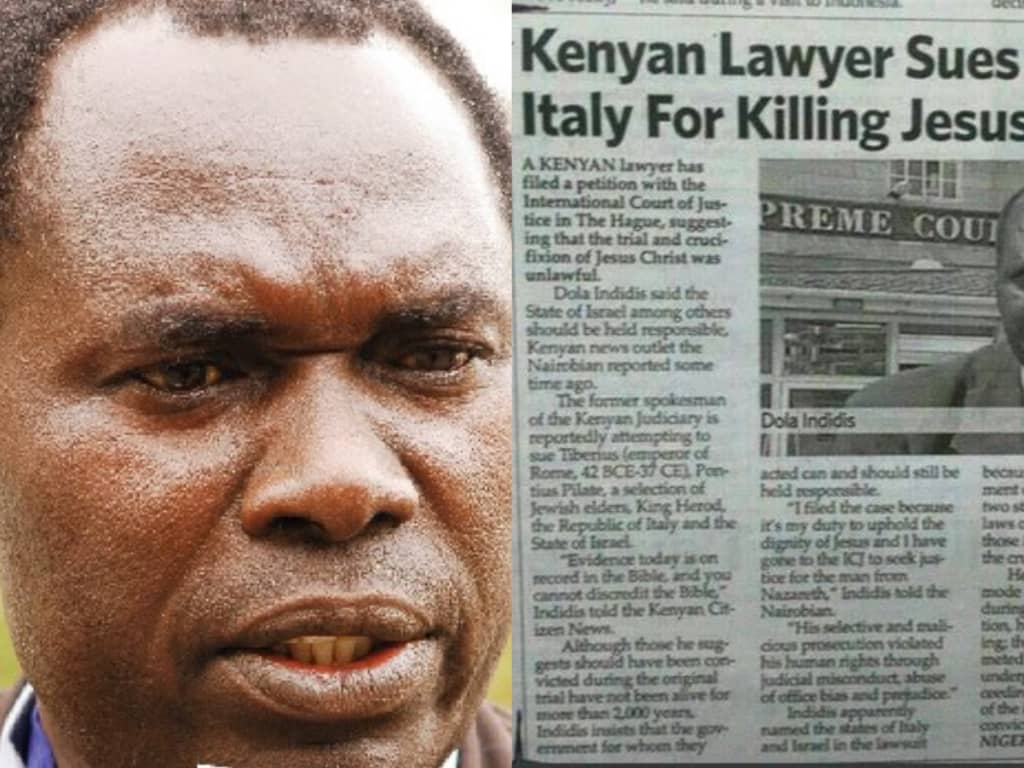The history of Ghana, particularly focusing on its path to independence from British colonial rule.
Colonial Background:
Ghana, situated on the Gulf of Guinea in West Africa, was a British colony known as the Gold Coast. The region’s rich resources, including gold and cocoa, attracted European colonial powers. British control over the Gold Coast began in the late 19th century, leading to the imposition of colonial rule.
Nkrumah and the Independence Movement:
The push for independence gained momentum in the mid-20th century, with Kwame Nkrumah emerging as a key figure. Nkrumah, a charismatic leader and visionary, founded the Convention People’s Party (CPP) in 1949. He passionately advocated for self-rule, social justice, and Pan-Africanism.
Positive Action Campaign:
In 1950, Nkrumah initiated the Positive Action Campaign, a nonviolent movement aimed at achieving self-government. The campaign involved protests, strikes, and civil disobedience, demanding an end to British colonial rule and the establishment of a democratic government.
Road to Independence:
The momentum for independence intensified over the years. In 1951, the British introduced limited self-government, allowing Ghanaians to elect representatives to the Legislative Assembly. The first general elections were held in 1951, resulting in a majority for Nkrumah’s CPP.

Independence Day – March 6, 1957:
Ghana’s journey to independence reached a historic milestone on March 6, 1957, when the British granted full sovereignty to the nation. Kwame Nkrumah became the first Prime Minister of the newly independent country. The Gold Coast was renamed Ghana, a symbolic gesture reflecting the ancient Ghana Empire that once thrived in the region.
Pan-African Vision:
Nkrumah’s leadership extended beyond Ghana’s borders. He championed the cause of Pan-Africanism, advocating for the unity of African nations against colonialism and imperialism. Ghana became a hub for Pan-African conferences, bringing together leaders from across the continent.
Challenges and Legacy:
While the achievement of independence was a momentous occasion, Ghana faced numerous challenges in the post-colonial era, including economic difficulties, political instability, and Nkrumah’s authoritarian rule. Despite these challenges, Ghana’s successful push for independence inspired other African nations in their quests for self-determination.
Conclusion:
Ghana’s journey to independence serves as a beacon of hope and determination in Africa’s struggle against colonialism. The nation’s ability to navigate the complexities of post-colonial governance and its contributions to Pan-Africanism underscore the significance of this historic period in shaping the continent’s destiny.







